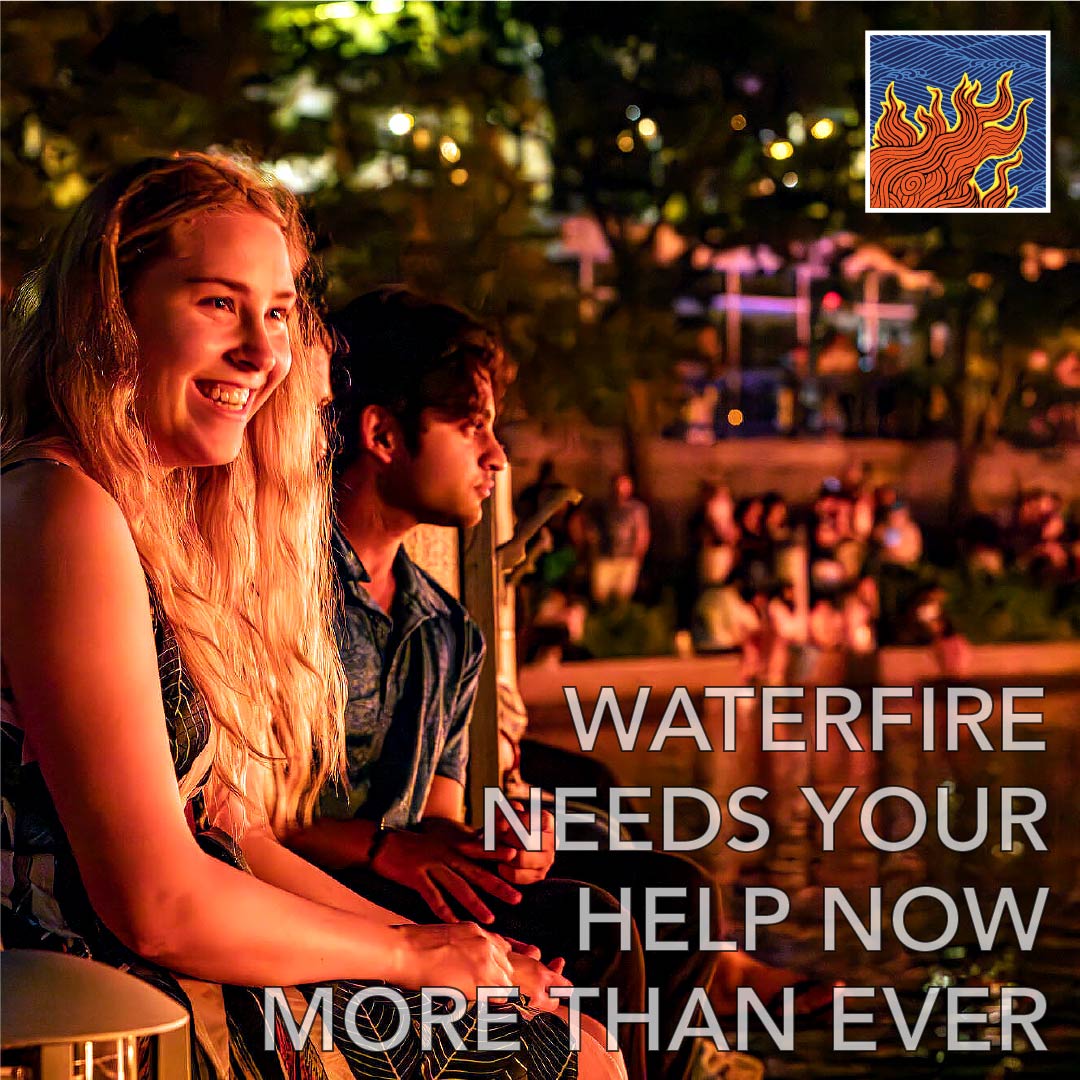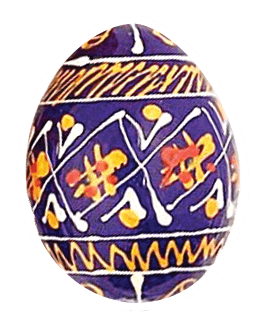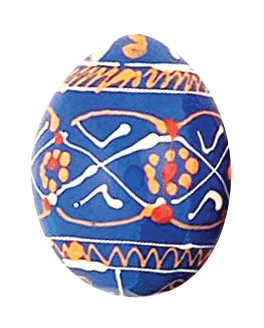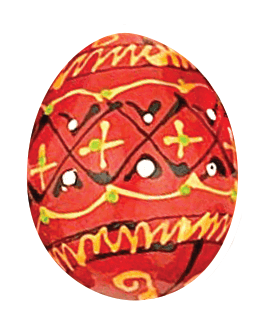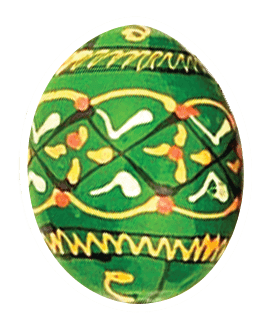As nights once again grow warmer and shorter, WaterFire season approaches, and with this seasonal public ritual, our modern city-state can reflect on its originals in ancient times. WaterFire is often described as elemental public art, as symbolic sacred activity that rekindles the spirit of community. As a philosopher, I also find that our festival of fire and water invites meditation on cycles of life, on reality enduring through change, and on culture’s uses of nature. Thousands of years ago, ritual gatherings were staples of community in the city-states of Greece, where philosophical theories of nature and society first developed. We can imagine something like WaterFire taking place among the festivals of classical Athens: see how our fire-tending boats are named for Greek gods and heroes of arts and science—Athena and Phoebus, Prometheus and Daedalus. When I teach the beginnings of science and philosophy in ancient Greece, I often think of WaterFire.
The earliest known philosophers explored how human life and society depend on a wider world of natural patterns. They knew that the limited human perspective can obscure a more unified reality in nature, and some imagined the human being as a microcosm parallel to the whole universe. The first recognized philosopher, named Thales, proposed that all of nature comes from water; his successor wrote of how souls embrace our bodies much as air encompasses the world. Others produced artifactual and biological models of the structure of the perceptible world. Most of them were fascinated with “the elements” and “the opposites”: fire and water, earth and air (or hot and cold, wet and dry) were considered basic ingredients of ourselves as well as of everything we experience.
Heraclitus, the Greek “Riddler,” could be the official philosopher of WaterFire Providence. Around 500 BC, in a thought-provoking aphoristic style, he used both water and fire as symbols to represent all of human experience. He wrote, “On those who walk into the same rivers, different and different waters flow” and “This cosmic world, the same for all…is an ever-living fire, kindled and extinguished in proper measures.” Part of his meaning was that patterns of change are essential to the natural world and that some everlasting changeless nature causes and explains those changes. Heraclitus believed in a wise Providence, a divine order to be sought through cautious experience of the external world, and also through introspection about our human nature. At WaterFire, witness how individuals and groups are moved to personal reflection by the awesome natural change and continuity in fire and water and life.
Cities and societies persist through change, too. Healthy social change requires good culture working with nature. Heraclitus worried that we misunderstand reality by relying too much on limited private experiences as if we choose to live in a dream rather than in the real world. He challenged us to study instead of “what’s common”—that is, not relying on popular opinion, but striving for the common good, and seeking a deeper understanding that is the birthright of every reasoning human being. This wisdom, too, he called a kind of fire within our watery souls. I like to think that our public ritual of WaterFire, our celebration of elements shared with neighbors of many backgrounds and lifestyles, is one flame of the culture that can keep a community healthy.
Glenn Rawson lives in Providence and teaches philosophy at Rhode Island College.
